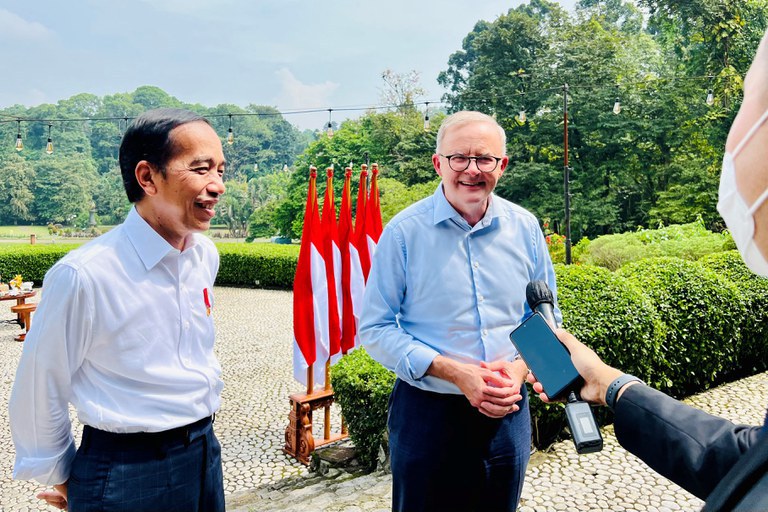China bans tattoos for minors, forbidding anyone from offering the service to teens
China’s State Council has issued a ban on tattoos for minors, banning any business, individual or organization from providing such services or encouraging young people to get tattoos. “No enterprise, organization or individual shall provide tattoo services to minors, and shall not coerce, induce or instigate minors to tattoo,” the June 6 directive, which takes immediate legal effect, said. “For immature minors, tattoos may be just a whim, something they do in pursuit of individuality, but the harm done is enormous and long-lasting,” the document said. It said that while similar bans already exist in some parts of China, including Shanghai and Jiangsu, different local authorities have different attitudes when it comes to regulating the behavior of children and teenagers. The directive overrules local law-making, requiring judicial and law enforcement agencies to comply with its provisions without exception. “Families and schools must actively guide minors to increase their awareness of tattoos and their adverse effects, so that minors can consciously and rationally refuse tattoos,” the directive said. “Service providers must improve their sense of responsibility and resolutely refrain from offering tattoo services to minors,” it said. Taiwanese youth worker Yeh Ta-hwa said teenagers typically get tattoos as a form of self-expression, and the new rules are a bid to exert greater control over young people’s freedom of expression in China. “Xi Jinping has been curbing people’s freedom of expression since he took office,” Yeh told RFA. “He has done so much to restrict the freedom of young people, including banning them from any form of religion under the age of 18, limiting their online gaming time and what content they can view.” “[All of this] shows that China’s control and monitoring of its citizens’ free will is getting tighter and tighter.” In some other countries, including the U.S., some European countries and democratic Taiwan, tattoo parlors are allowed to tattoo minors with parental consent. Paternalistic overreach? Yeh said tattoos were previously stigmatized in Taiwan, where they are closely linked in people’s minds with organized crime, but under the influence of indigenous peoples’ culture, they are now increasingly seen as an expression of culture, art and personal freedom. U.S.-based legal scholar Teng Biao said the law is highly paternalistic, putting the state in loco parentis. “This is an overreach, a paternalistic approach in which the government takes the place of the parents,” Teng said. “Tattoos aren’t particularly harmful, so the government is going too far, trying to control them.” “It would be better coming from the parents, through education and persuasion.” Taiwan-based dissident Zhou Shuguang said the Chinese government could fear that people will use tattoos to show allegiance to something other than the ruling Chinese Communist Party (CCP), or use it as a form of political protest. “They probably fear that minors’ bodies will become taken over by various cultural symbols, making it harder for the CCP to brainwash them,” Zhou told RFA. “Cultural icons, cartoon characters and writing are all carriers of culture.” “Minors could be branded for life, with the symbols hard to erase,” he said. “The other thing they could be worried about is that people will use tattoos as tokens of recognition when forming groups, the thing that the CCP fears most, and has to break up.” Teng agreed. “For example, if someone gets the numbers 8964 tattooed on their body [a covert reference to the 1989 Tiananmen massacre], just putting those numbers together is going to be trouble,” he said. “China won’t allow those numbers to be posted online.” He said the move was part and parcel of China’s “patriotic education” program in schools. “Chinese education is actually a form of brainwashing, and these controls on minors’ freedom of speech by the entire education system is doing great harm to their minds,” Teng said. “There may be no bloodshed involved, but a lifetime of [psychological] harm instead.” Translated and edited by Luisetta Mudie.





